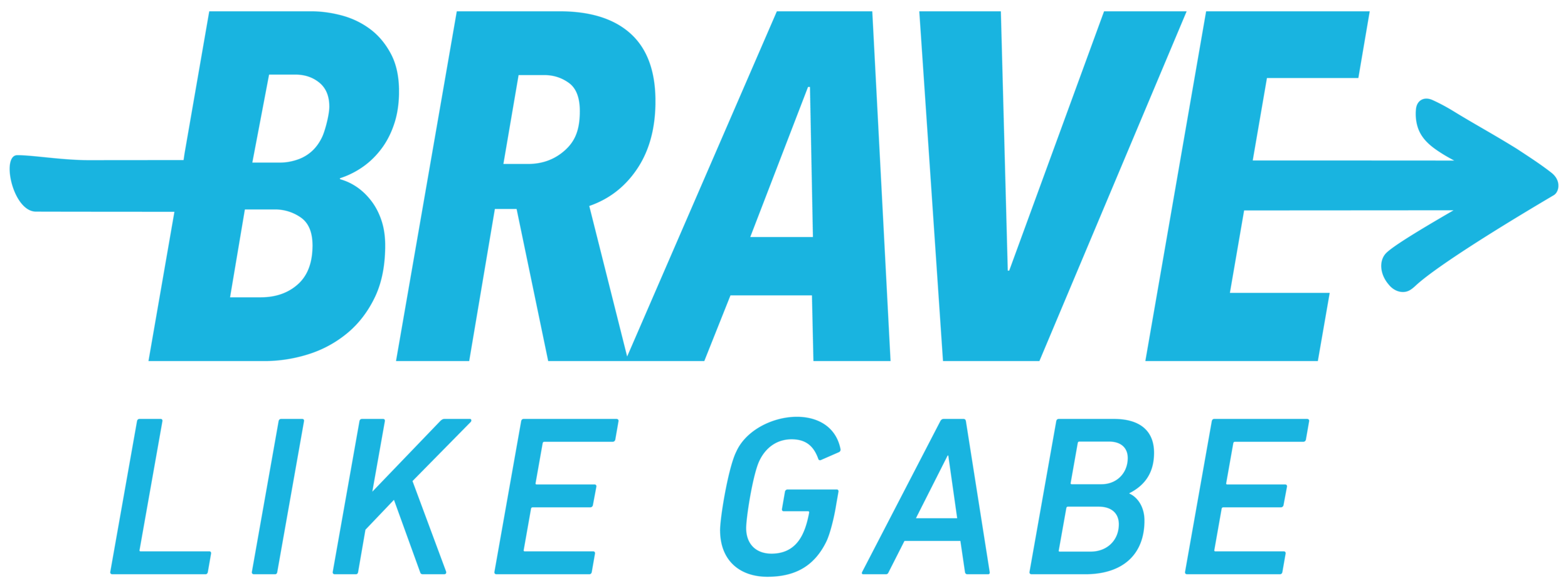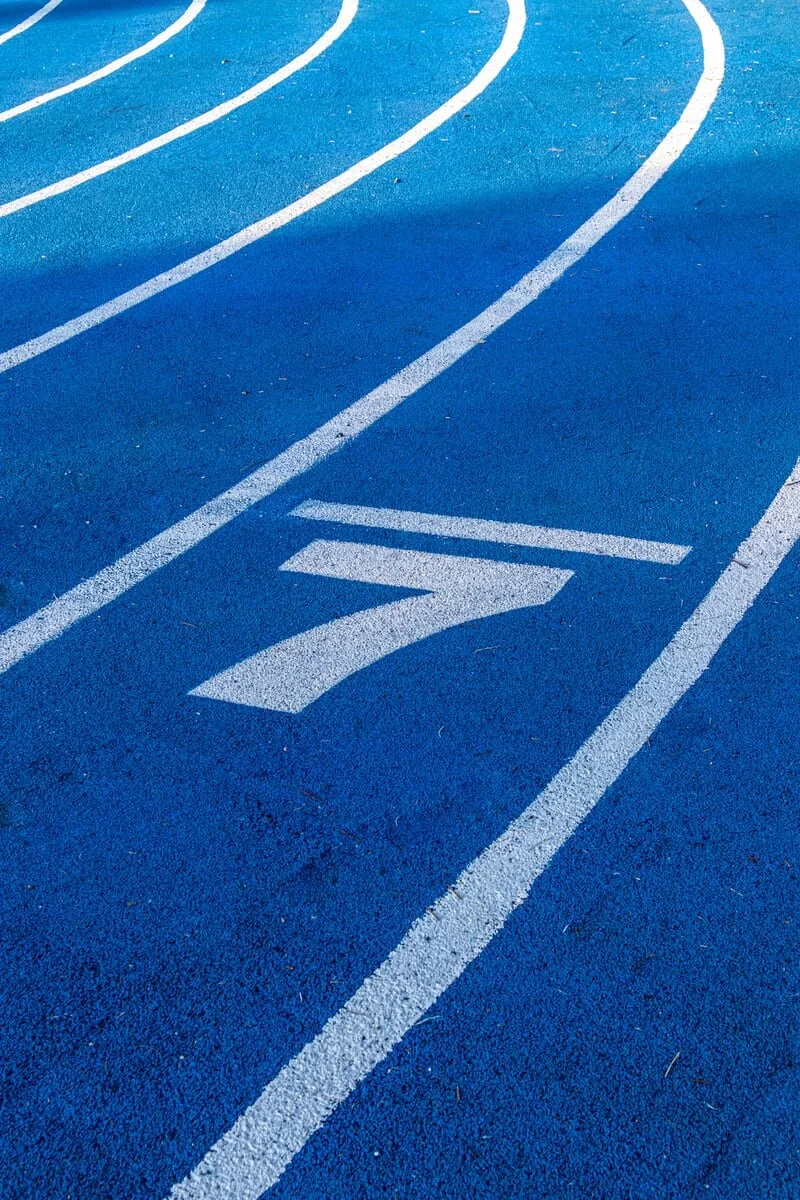Pro runner.
Rare cancer advocate.
Relentless optimist.
Gabriele “Gabe” Grunewald (née Anderson) was a professional American middle-distance runner and lifelong Minnesotan, born and raised in Perham, MN (population 2,985).
She won a single track & field state title in the 800-meters competing for Perham High School. Gabriele walked-on to the University of Minnesota cross country and track & field teams in 2004, where she was a part of several Big Ten Championship squads and eventually became an NCAA track & field All-American with a runner-up finish in the 1500-meters in 2010, her final collegiate race.
Gabriele ran professionally for Brooks beginning in 2010 until her passing in 2019.
Her career highlights include a 4th-place finish in the 2012 USA Olympic Trials and a USA Championship title in the indoor 3000-meters in 2014. Her personal best in the 1500-meters is 4:01.48, making her the 11th fastest performer in USA history.
Gabriele survived multiple bouts with cancer—initially diagnosed with a rare salivary gland cancer, adenoid cystic carcinoma, in 2009, and thyroid cancer in 2010. Throughout her cancer journey, Gabriele continued to compete and run professionally.
Gabriele aimed to return to elite competition in 2018 and continued training despite ongoing treatments and setbacks. She strongly believed in finding out what was possible despite her diagnosis and encouraged other cancer survivors to keep their minds open to the possibility of achieving their dreams and other goals by being brave in their own way.
After living for 10 years with adenoid cystic carcinoma, Gabriele passed away on June 11, 2019, at her home in Minneapolis surrounded by family and friends. Her story and legacy continue with the Brave Like Gabe Foundation that inspires others to share their own struggles while also helping to find better, more effective treatments for rare cancers.
“I hope people see that you can still make something beautiful and powerful out of a bad situation.”









